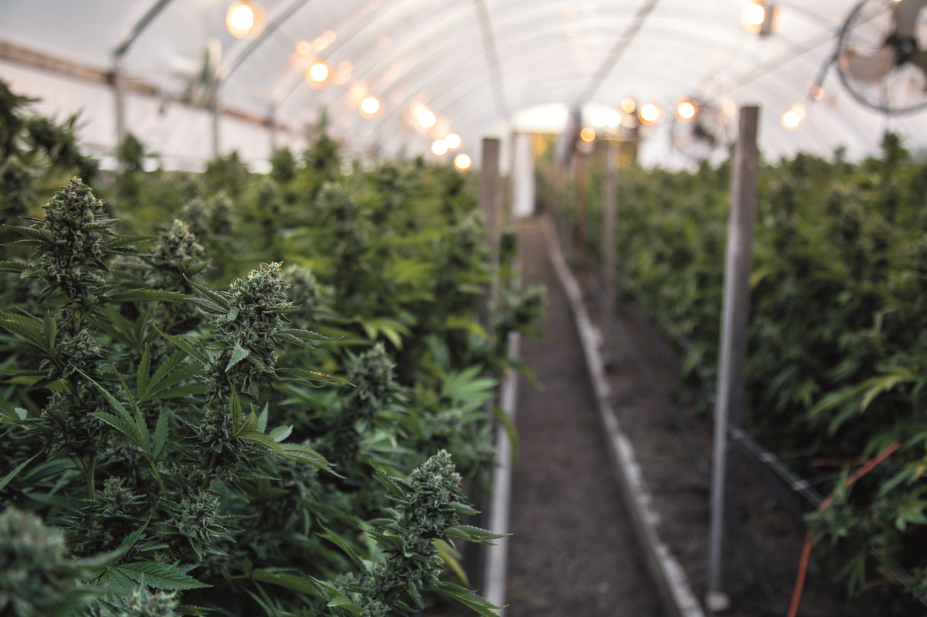
Shutterstock.com
Use of high-potency cannabis on a daily basis increases the risk of psychosis by four times, and in some cities the risk is more than nine times higher, according to a study published in
The Lancet
on 19 March 2019.
If high-potency cannabis — cannabis with a high concentration (more than 10%) of tetrahydrocannabinol (THC) — was no longer available in London, more than 30% of cases of first-episode psychosis could be prevented in the city, the researchers estimated.
The researchers obtained data from 901 patients with first-episode psychosis who presented to mental health services between May 2010 and April 2015 across 11 sites, including London, Amsterdam and Paris.
They found that the odds of psychotic disorder among daily lower potency cannabis users was 3.2 times higher than for never users.
For daily users of high-potency cannabis the risk of psychosis was four times higher across the whole sample and was five times higher in London and nine times higher in Amsterdam, compared with individuals who had never used high-potency cannabis.
The researchers calculated that if high-potency cannabis was no longer available, 12.2% of cases of first-episode psychosis could be prevented across the 11 sites. This, they said, would rise to 30.3%, a drop from 45.7 to 31.9 per 100,000 people per year in London, and 50.3%, a drop of 37.9 to 18.8 per 100,000 people per year, in Amsterdam.
“Our findings are consistent with previous studies showing that the use of cannabis with a high concentration of THC has more harmful effects on mental health than the use of weaker forms,” said Marta Di Forti, lead author from the Institute of Psychiatry, Psychology and Neuroscience at King’s College London.
“As the legal status of cannabis changes in many countries and states, and as we consider the medicinal properties of some types of cannabis, it is of vital public health importance that we also consider the potential adverse effects that are associated with daily cannabis use, especially high potency varieties.”


